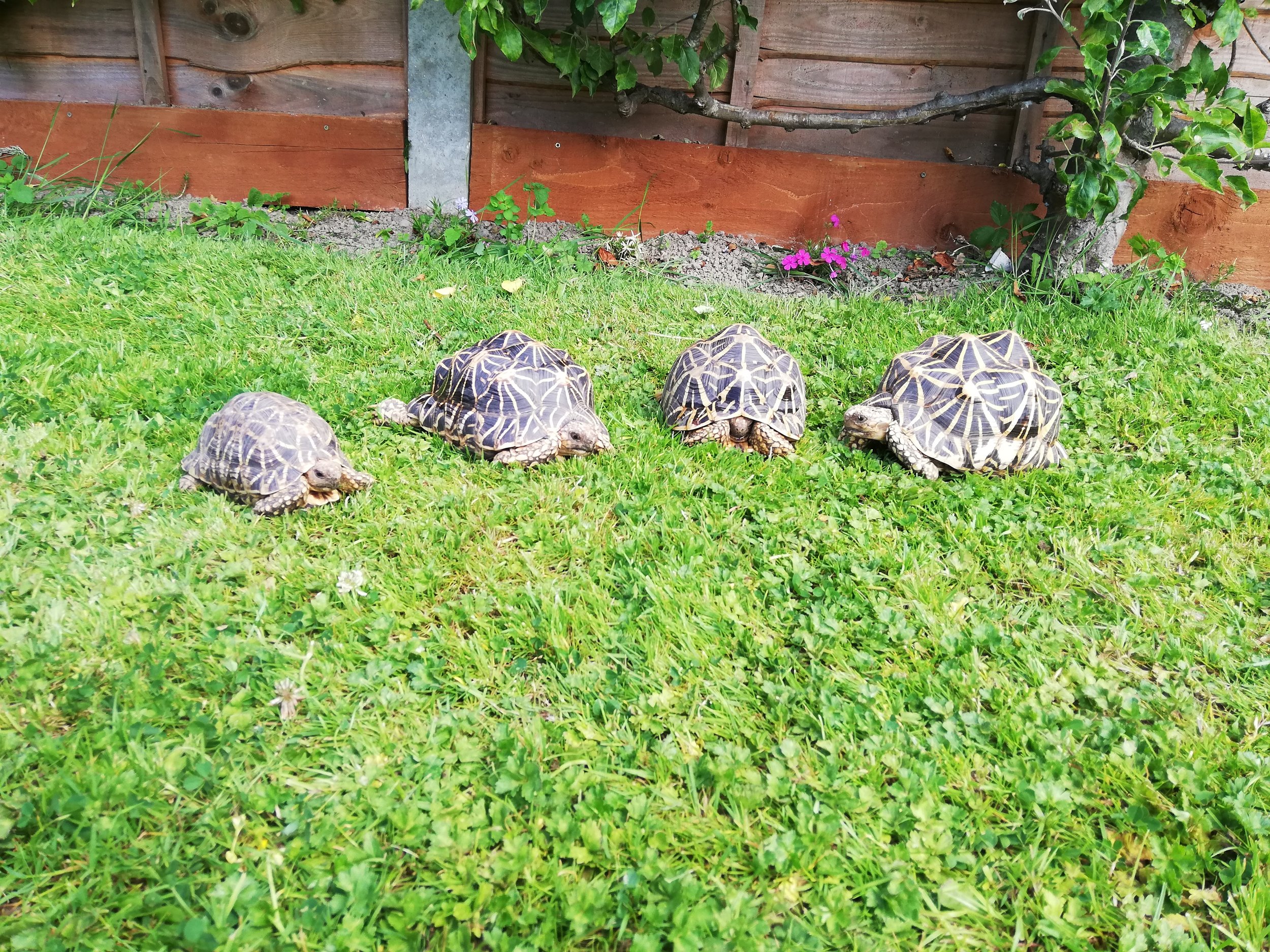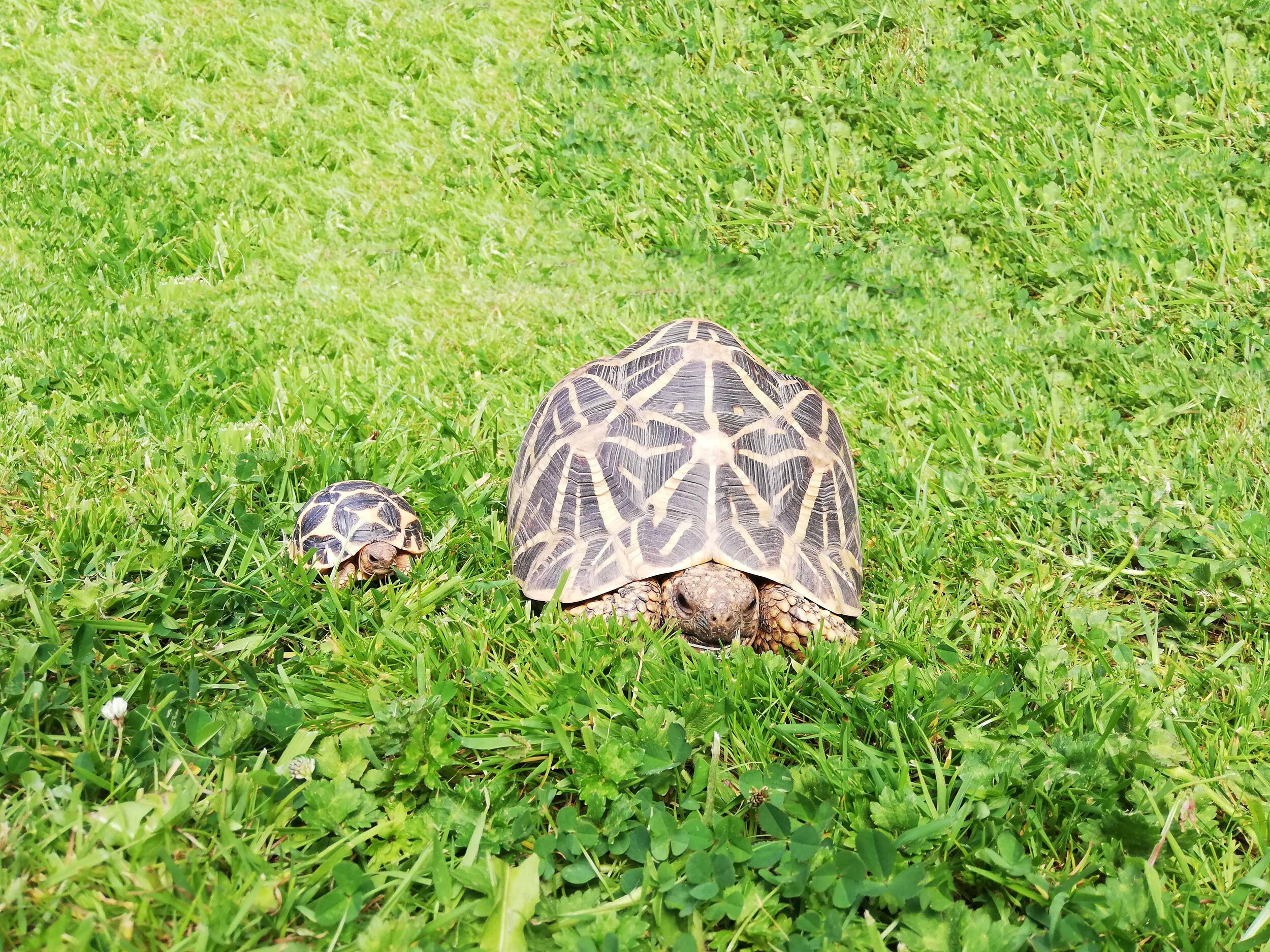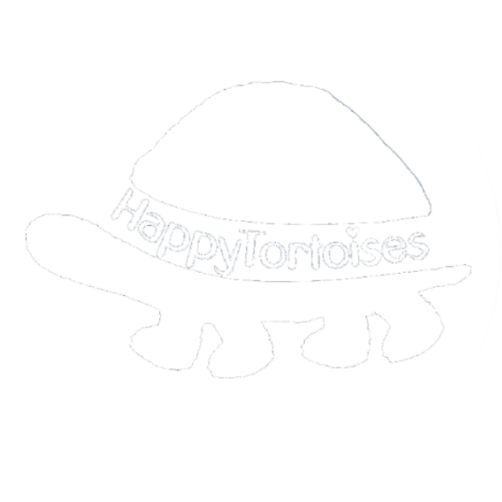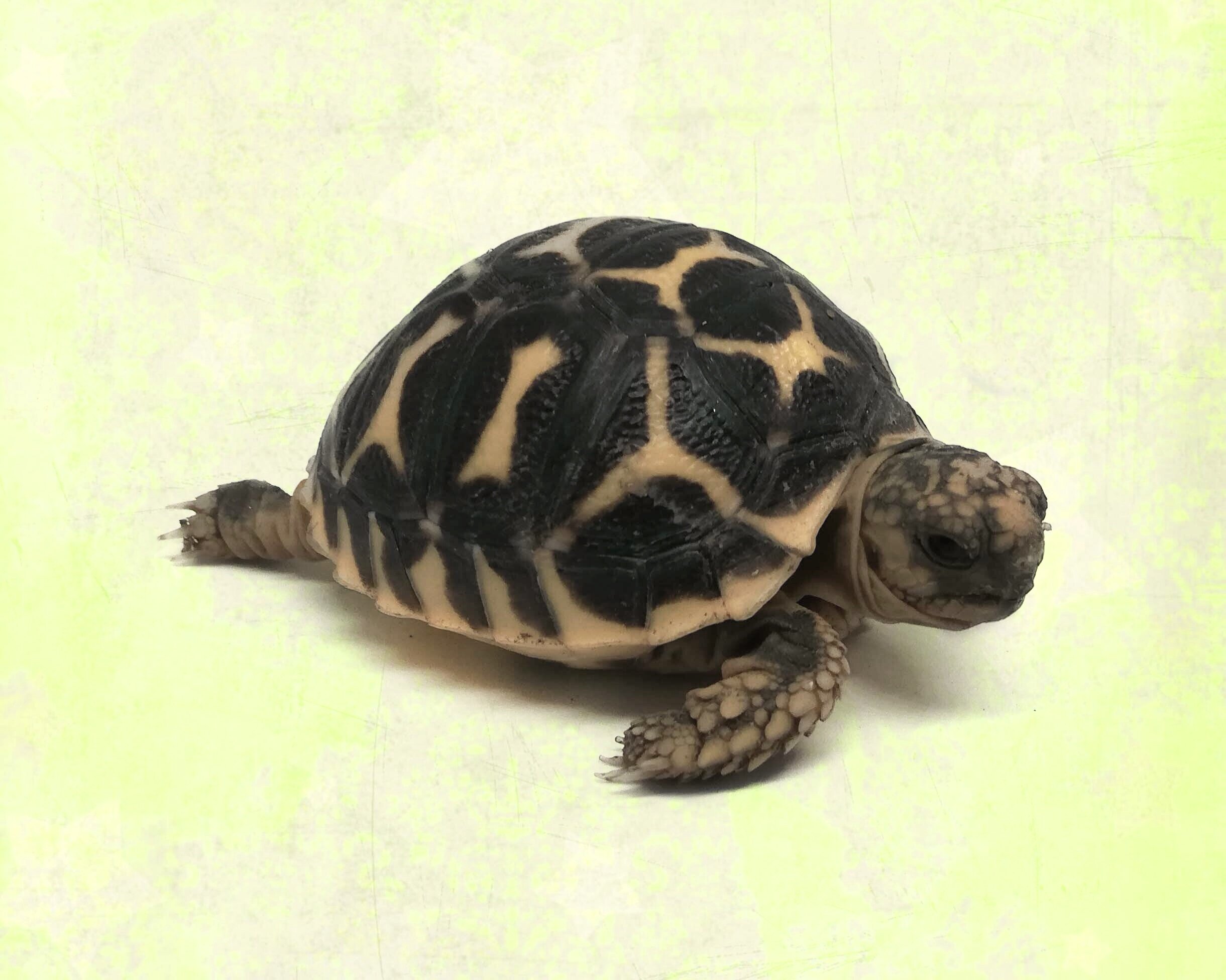
Indian Star Tortoises
The Indian Star Tortoise is a very ornate tortoise that has yellow star patterns covering its black shell. They are available in the UK. The Star Tortoise makes a great pet because it maintains a small size of 20 cm as adults with a weight of roughly 1kg. The males are typically half that size.
The Indian Star tortoise (Geochelone elegans) is a very ornate markings with yellow star patterns covering its black shell. It can be found in the wild in India, South Eastern Pakistan and Sri Lanka. The Indian Star tortoise can be found in a number of different habitats, ranging from arid/semi-deserts to grassy plains and also more humid areas in moist deciduous forests (although these deciduous forests do drop their leaves in dry the period of the year also creating a dry habitat for the star tortoise)
The Indian star tortoise was upgraded to CITES Appendix I in 2019 and therefore requires a licence to trade (sell or breed) from this tortoise and also to sell the offspring.
They graze mostly on mixed grasses as well as weeds, flowers, leaves of succulent plants found in their natural habitat. They are also know to eat insects and carrion when given the opportunity.
For shelter against both very hot weather, star tortoises use rocks, vegetation and sometimes planted hedges.
They are considered a medium sized tortoise breed and females on average around 10" long whilst males are much smaller, averaging around 6-7".
It is documented that there are at least three geographical variants:
- Northern Indian star tortoises are very large and have a darker brown coloured star pattern, almost muddy looking.
- Southern Indian star tortoises tend to be much smaller and have more yellow coloured star pattern on a jet black background.
- Sri Lankan star tortoises are similar to Southern India star tortoises but are larger (almost the same size as the Northern Indian star tortoise)
In captivity, we need to offer as close to their natural diet as possible by offering them a mix of around 50% grasses/hays with 50% tortoise-safe weeds and flowers. Although they are known to eat insects and carrion it is strongly advisable not to try to replicate this in captivity as it can have disastrous consequences. Their health will suffer if incorrect foods are given and long term your tortoise could suffer irreversible health problems, sometimes even fatal. I sell specially prepared seed mixes for Indian Star tortoises for you to grow the perfect blend of food for them.
I personally recommend against giving fruit to this species as it can lead to diarrhoea or gut problems. In captivity it is also advisable to offer an environment that is as close to their natural habitat as possible: from UVB, soil, humidity, hiding places, and plenty of space to name a few.
Indian star tortoises do NOT hibernate and in captivity we need to offer them heat, UVB, light all year around. They do not do well if kept too cold or too damp resulting in respiratory problems. They are also more sensitive to parasites or diseases carried by other species of tortoise so is very important ot keep this species isolated from other breeds of tortoise.
Please see my care sheet for more details on captive-raised indian star tortoises:
Indian Star Adult
Indian Star Baby 4 months old



